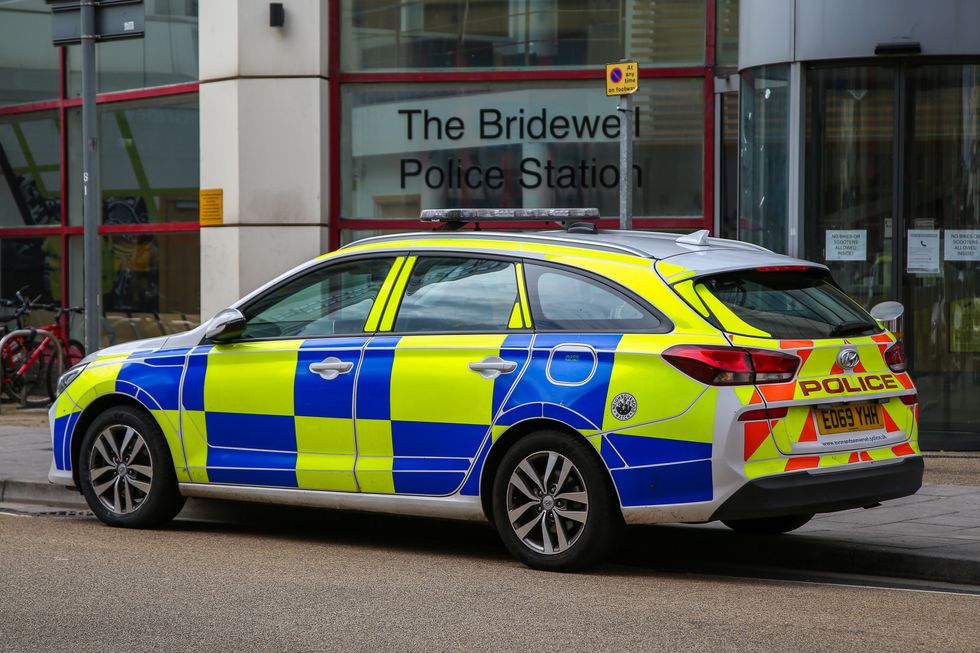Council tax bills across Britain are set to rise by £329.8million as part of Labour’s new policing plan, with households facing increases of up to £14 each, in an effort to boost police funding by 3.5 per cent.
This latest tax hike from the Labour Government is expected to fund a third of the newly announced police funding settlement, confirmed by the Home Office on Tuesday.
The tax increases come as part of a broader £986.9million funding package aimed at fighting crime and strengthening neighbourhood patrols. Police and crime commissioners will have the power to raise their portion of council tax by up to £14 without requiring a referendum.
This move has sparked criticism, with concerns about the impact on families already struggling with living costs. The £986.9million police funding settlement includes £657million in increased Government grants, Policing Minister Dame Diana Johnson confirmed.
Of this, £230.3million will cover increased employer National Insurance contributions from 2025-26. An additional £339million will be allocated to core grants to support the Government’s safer streets mission.
Do you have a money story you’d like to share? Get in touch by emailing [email protected].

Council tax bills are expected to rise under Labour’s plans
GETTY
A further £100million has been earmarked to launch the first phase of recruiting 13,000 additional police officers, PCSOs and special constables into neighbourhood roles.
The total policing settlement for 2025-26 will amount to £17.4billion, representing an increase of up to £986.9million on the current year. The funding aims to ensure police forces are “fully equipped to deliver our safer streets mission,” according to Dame Diana.
Policing Minister Dame Diana Johnson said the funding settlement “strikes the balance between protecting taxpayers and providing funding for police forces”. Home Secretary Yvette Cooper emphasised the settlement would help deliver the government’s Safer Streets mission.
“This vital funding boost will enable forces to kickstart the recruitment of neighbourhood police officers and crack down on the crimes blighting our high streets and town centres,” Cooper said.

Money generated from the tax raid will pay for policing
GETTY
She acknowledged the financial challenges faced by police forces in recent years. Cooper pledged to work closely with forces at national and regional levels to maximise efficiency.
The Government aims to ensure “every penny they receive goes as far as possible and provides real value for the public,” she added. Police watchdog Andy Cooke has criticised the current police funding formula as “an anachronism” that disadvantages inner-city forces.
He warned that areas with lower-value housing stock are left with fewer resources, despite facing higher levels of serious crime. “The richer police forces get richer, the poorer police forces get poorer,” Cooke said.
He highlighted that inner-city areas like Cleveland, Merseyside, Manchester and West Midlands struggle to raise substantial funds through council tax. These areas face significant challenges with knife crime and violence against women and girls, yet have access to fewer resources.
Cooke also pointed out that one-year funding settlements make it difficult for forces to plan ahead effectively. The outdated funding formula “doesn’t fairly allocate resources,” according to Cooke.
National Police Chiefs Council has warned of “real challenges” ahead for policing, with forces facing an estimated £1.3billion funding gap over the next two years.
LATEST DEVELOPMENTS:

Households are being told to prepare for higher council tax bills
GETTY
Chief Constable Paul Sanford, NPCC Lead for Finance, said this will “inevitability lead to cuts across forces.” While he welcomed investment in neighbourhood policing, Sanford warned that ringfencing funding for neighbourhood officers limits investment in other crucial specialist areas.
“Crime is evolving at a rapid pace and becoming more and more complex in nature,” he said.
He stressed that police cannot afford to cut resources when community needs are at their highest.
The NPCC remains committed to making streets safer and reducing violence against women and girls, but emphasised the need to focus on recruiting people with the right skills.